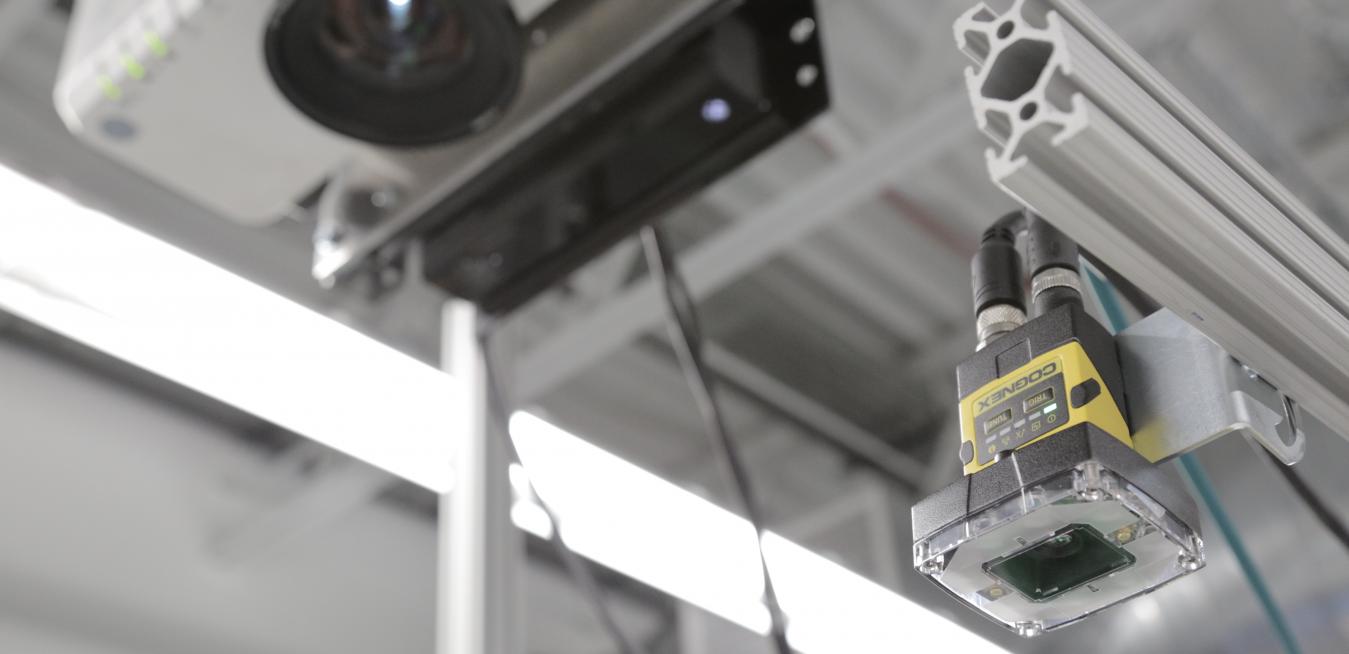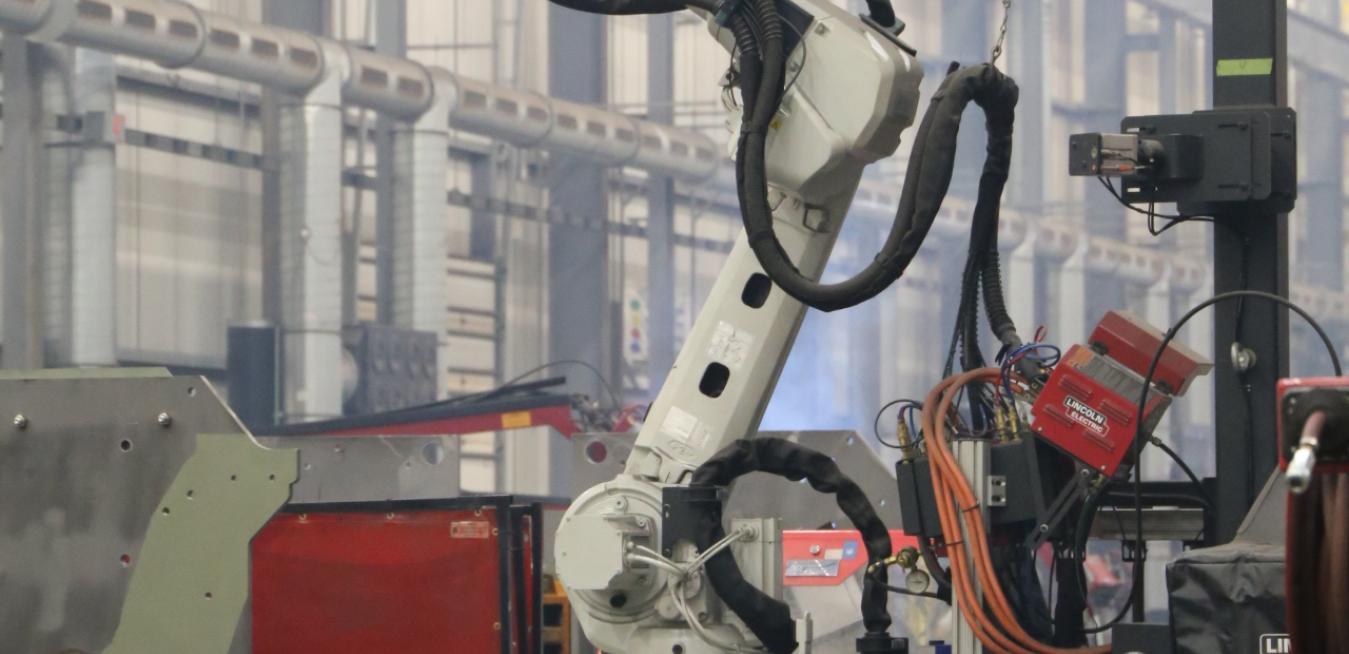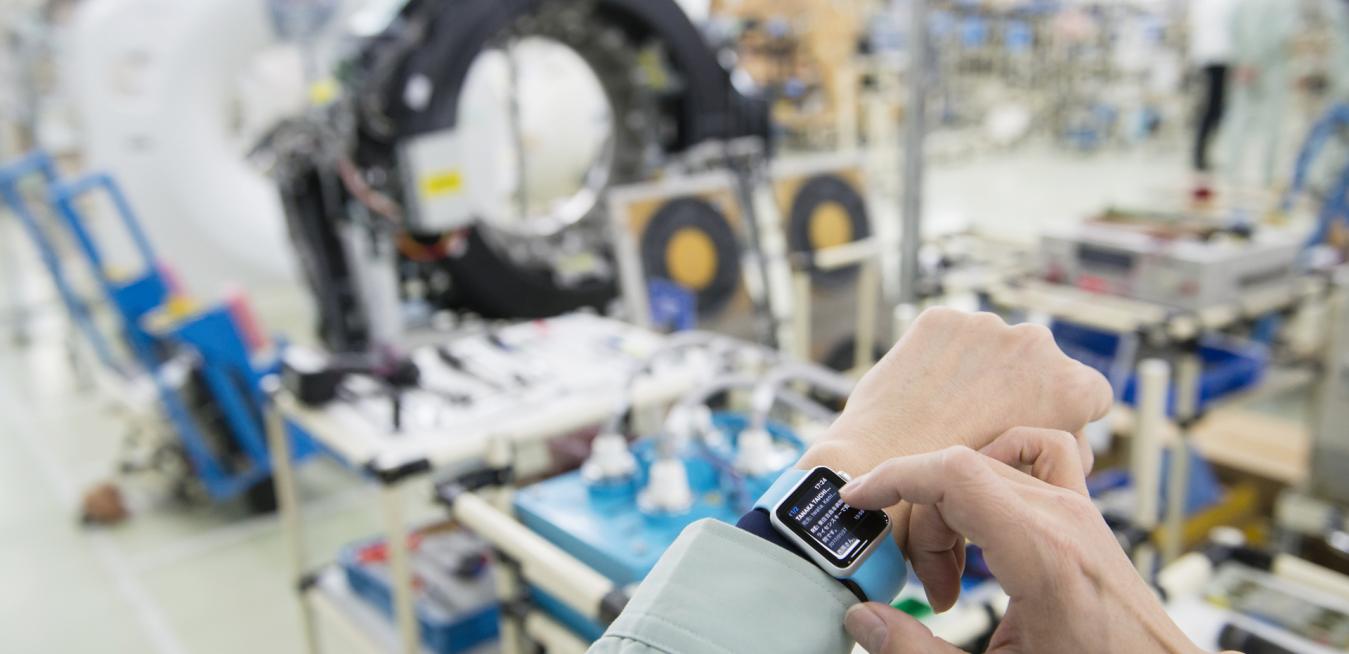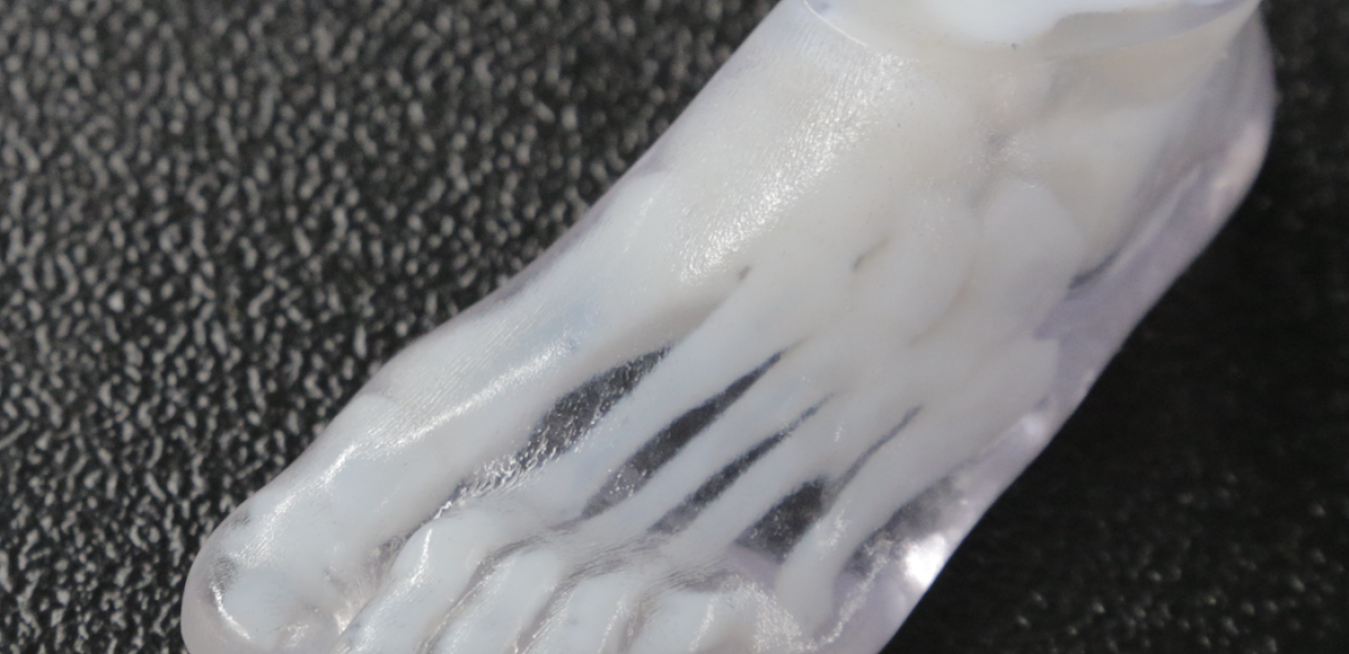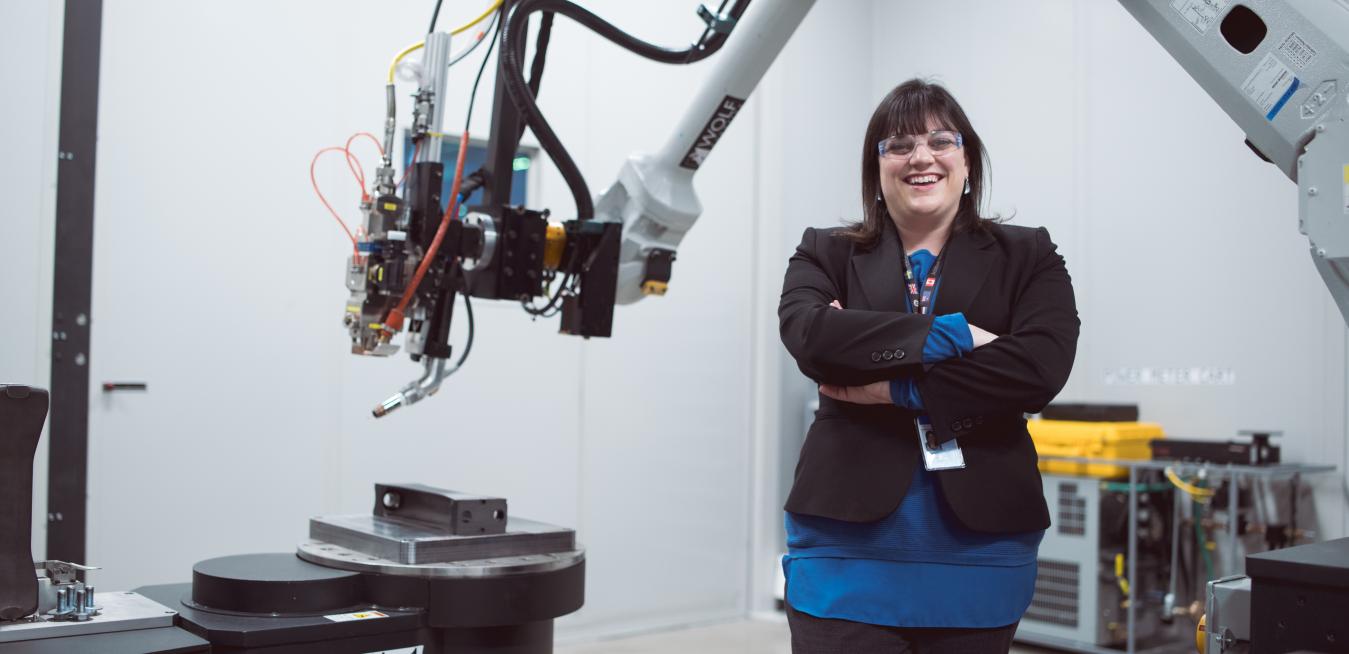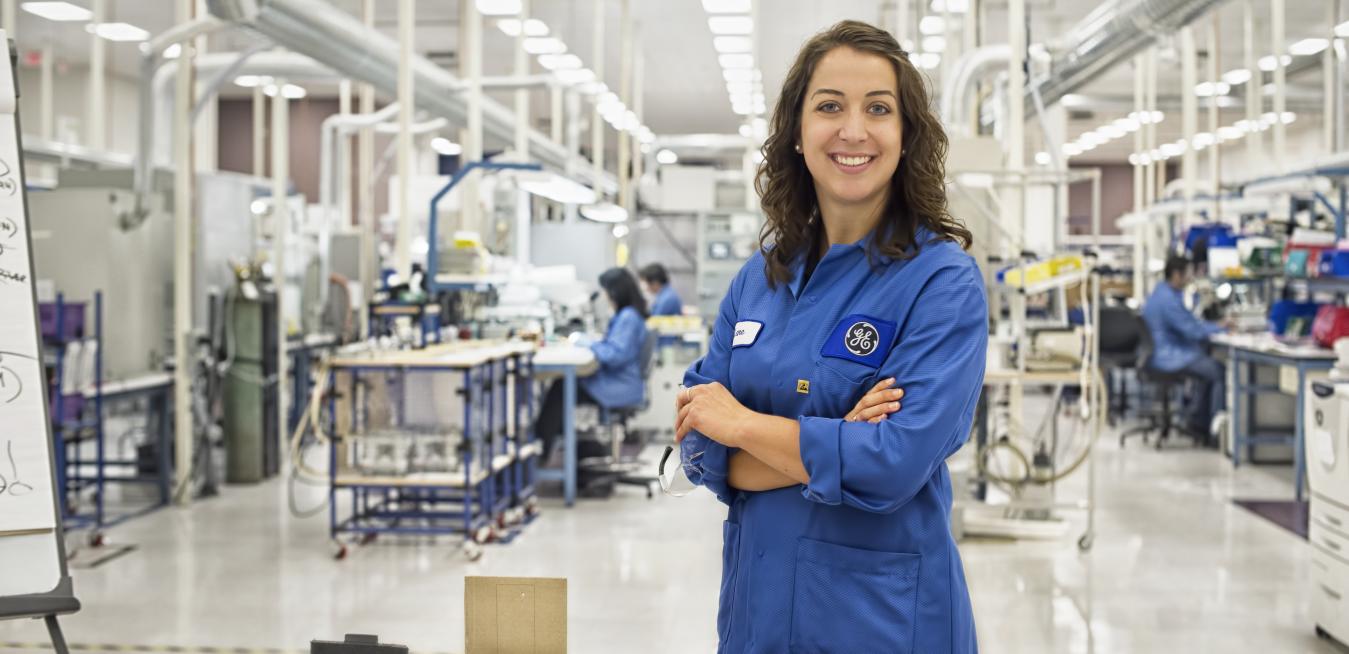Cơ hội luôn rộng mở cho phụ nữ trong ngành vốn được mặc định là “của đàn ông” – kỹ thuật, công nghệ. Đặc biệt, khi là phái yếu, phụ nữ còn có nhiều lợi thế riêng để phát triển sự nghiệp.
At least, that’s what they thought they were hearing.
Castor was only two years into his job as a supervisor at GE Transportation’s engine remanufacturing plant in Grove City, Pennsylvania, when in 2016 he had to tell assembly-line operators with decades of experience that the way they did their jobs was about to change dramatically.
Google Glass may have stumbled in the consumer market, but smart glasses have found new life in industry. Workers assembling wind turbines at a GE Renewable Energy factory in Pensacola, Florida, for example, wear smart glasses powered by Upskill, a GE Ventures-backed company that produces enterprise software for wearables.
Let’s change the way we talk about manufacturing.
Too often, the discussion is about how old-line industry is struggling to survive in a world of bold new tech. In reality, digital and additive technologies are transforming manufacturing and growing productivity.
“Most people probably wouldn’t say this, but I love hospitals,” says Lane Konkel. As a child growing up in Wisconsin, the 26-year-old lean manufacturing engineer would accompany her father, an orthopedic surgeon, to his office. “I’d play around with the little models of the knee and pull on the ligaments or I’d visit patients post surgery. For me, hospitals are connected to a lot of really great memories.”






